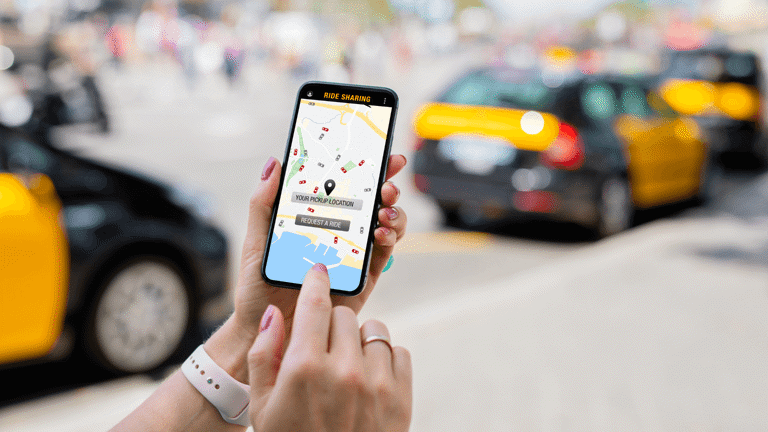Aaron and Partners are representing a group of Liverpool taxi firms, including Delta Taxis, in a major lawsuit which has been brought by the ride hailer app provider Uber. Uber are seeking a declaration from the High Court which they say could see the price of taxi and private hire journeys rise across the England and Wales by 20%.
The case brought by Uber has now reached a crucial phase and, depending on the judge’s final decision could have far reaching ramifications across England and Wales (although not in London). Uber argue that one implication would be that VAT is chargeable on private hire journeys for the first time.
Uber already charges VAT on its journeys following a series of court cases in which it has been involved, and now it seeks to force the same upon its competition around England and Wales.
If the ride hailing giant is successful in its bid to sue Sefton Council over the terms for operators outside London, it could mean fares rising by a fifth across the UK.
The High Court began hearing submissions in the case last week with all arguments concluded on Friday. The judge has reserved judgment whilst she considers those arguments that were put to her.
Layla Barke-Jones, a Partner in the firm’s Dispute Resolution team, said: “We are pleased to have had the opportunity to represent the views of our clients in the Royal Courts of Justice last week, and we hope to have done enough to protect one of the traditional models of the private hire industry.
If Uber succeed in the case and VAT applies to private hire journeys, then that tax is one which is collected by the taxi firms, but the reality is it’s the passengers that have to pay it. Guidance from the government acknowledges that those on low incomes are particularly reliant on private hire taxi’s, those are the ones which are booked ahead of time as opposed to black cabs which are hailed on the street. Those on low income can ill afford to pay 20% more on fares, particularly during this cost-of-living crisis.”
The case comes after Uber revealed last week it was to hand £615m in tax to UK authorities – following the settlement of unpaid VAT.
The ride hailing app had argued in the past that it was exempt from paying VAT as it only acted as an agent with its drivers classified as self-employed. A landmark court ruling later clarified its drivers were indeed classed as ‘workers’.
Uber started charging VAT to its passengers in March of this year, now, Uber wants UK private hire and taxi firms to do the same, and has launched a legal bid against Sefton Council to force them to do so.
It is hoped that a decision from the court will be handed down before the end of the year.
Key Contact

Layla Barke-Jones
Dispute Resolution Partner
Layla is an experienced Partner in our Dispute Resolution team with a particular interest in Warehouse and Logistics law.
Need to Speak to Someone?
Use the form to send us some details about your matter and one of our experts will get in touch, or you can call us using the number below.
01244 405555




